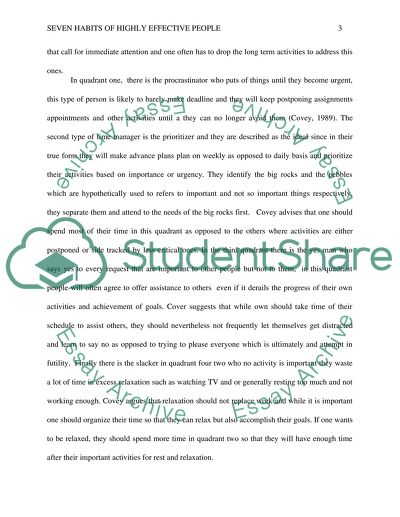Cite this document
(“Seven Habits of Highly Effective People Research Paper”, n.d.)
Seven Habits of Highly Effective People Research Paper. Retrieved from https://studentshare.org/psychology/1498589-put-first-things-first
Seven Habits of Highly Effective People Research Paper. Retrieved from https://studentshare.org/psychology/1498589-put-first-things-first
(Seven Habits of Highly Effective People Research Paper)
Seven Habits of Highly Effective People Research Paper. https://studentshare.org/psychology/1498589-put-first-things-first.
Seven Habits of Highly Effective People Research Paper. https://studentshare.org/psychology/1498589-put-first-things-first.
“Seven Habits of Highly Effective People Research Paper”, n.d. https://studentshare.org/psychology/1498589-put-first-things-first.


